Most Commonly Asked Questions
Don't see the answer you are looking for? Feel free to get in touch.
Q: What kind of payment do you accept at the scales?
A: As of August 1st, 2023, we will only process transactions for clients with established accounts. In other words, if you don’t have an account with us, we won’t be able to help you at the scale. Also please note that the minimum load required to process a transaction for established customers will be 5 tons as of August 1st. Please click here for instructions on how to download and complete a credit application.
Q: Where do you deliver?
A: We can deliver to MA, RI, CT by truck or other locations via rail car.
Q: How do I place an order?
A: Orders can be placed over the phone or online using our online quote request form.
Q: Do I have to be there when you deliver my product?
A: You should plan to be on-site when your product is delivered unless you have made other arrangements that are mutually acceptable. At time of delivery you may be required to execute a Waiver of Liability.
Q: Can I pick up product with a trailer?
A: There is a 5-ton minimum for all product pick-ups and you must have an account with Rawson Materials. If your trailer can hold the 5-ton minimum, you are more than welcome to pick-up product with a trailer.
Q: Is there a minimum quantity I must purchase for pick-up or delivery?
A: Deliveries require a 10-ton minimum but smaller amounts may be available by inquiry. Pick-up requires a 5-ton minimum.
Q: Are pick-ups available on Saturday?
A: No, our plants operate Monday-Friday 7:00am – 4:30pm.
Q: Are you open during the winter?
A: Yes, we are open year-round at most of our locations. We encourage you to call ahead of time to inquire about a specific location. Please note that all Rawson Materials’ locations will be closed the week between Christmas and New Years.
Q: Can I use your scale to weigh my boat, trailer, antique car, or camper?
A: We do have a certified scale available for 3rd party use. The scale can be used at no charge - provided you do not need a printed ticket. Should you need a printed ticket, you must sign up for an account with Rawson Materials.
Q: What types of products do you carry?
A: Please see our products page for product types and colors carried at each plant.
Q: Do you allow schools to tour the quarries and gravel pits?
A: Yes! We encourage students to learn about quarry operations and geology. School officials and teachers can schedule a tour with us by calling our main office at (860) 963-6584. Please note that all individuals must complete a Waiver of Liability prior to touring the quarry and must observe all safety rules and procedures.
Q: Why do quarries and contractors have to blast?
A: In order to produce aggregate (sand and stone) used in the construction of new roads, bridges, utility lines, etc., typically a large amount of earth and rock must be excavated. Blasting operations prepare the rock that cannot be removed by other means. The blasting operations break the rock into smaller pieces that can then be handled by construction equipment and hauled away.
Q: How can I be notified when blasting is going to occur?
A: Rawson Materials will post on their Facebook page up to a week before a blast is set to occur. The day of a blast, the Facebook page will be updated and the Town Manager and Police Department (Westerly, RI or Putnam, CT - depending on the Blast location) will be notified of the time of the blast. Rawson also keeps a call list and provides notice of each blast up to 2 hours beforehand; if you would like to be added to Rawson’s call list please contact us at 860-481-7157.
Q: Why do I feel the blast?
A: The energy from the blast will sometimes travel through the ground in the form of airwaves. Often the airwaves are what cause you to feel your house shake. Since humans are extremely sensitive to all vibrations you may feel the shaking even though no structural damage is actually occurring.
Q: How does the blasting company protect my property?
A: Rawson Materials subcontracts all of their blasting work to licensed blasting professionals who are required by regulation to continually obtain training. Professional blasters are trained to plan, design, implement and monitor blasts. This training stresses safety in all aspects including protection of your property. Additionally, the licensed blasting professional must acquire a permit from the State Fire Marshal. Prior to blasting, our subcontractors perform pre-blast inspections/pre-blast surveys to review the site conditions. The subcontractor also monitors each blast using seismographs and a decibel meter to ensure that the blast is within the limits set forth by federal and state regulations. Despite federal and state limits, Rawson Materials has also voluntarily adopted levels that are below the regulations with respect to the amount of powder utilized.
Q: What are safe vibration standards for blasting near homes?
A: In North America, safe vibration standards are based on scientific studies conducted by the U.S. Bureau of Mines (USBM). These studies recommend ground and air vibration limits based on scaled distance, peak particle velocity, air pressure and frequency. The purposes of these standards are to ensure that even cosmetic cracking will not occur in nearby structures. The standards are conservative meaning, even slightly exceeding these standards will not necessarily harm a structure. For ground vibrations, the standard is a function of frequency and peak particle velocity (ppv). Rhode Island regulations allow for 1.99 ppv at 10 hz or greater. For air vibrations, the standard is a function of pressure that is most often reported as decibels with a common limit of 133 decibels (db) with a 2Hz system.
Q: Does continuous blasting cause damage to my home, even if the blasts are within allowable limits?
A: No. The federal government, specifically the U.S. Bureau of Mines, has conducted studies where they have vibrated entire houses for several days. Their conclusions have shown that repetitive blasting at allowable standards will not cause damage.
Q: Will the blasting vibrations damage my foundation?
A: The foundation is the strongest part of a house. Vibration standards are designed to protect the weakest parts of the house, such as plaster and drywall. Ground vibrations strong enough to crack foundations consisting of concrete and masonry would far exceed the limits set by typical standards. The U.S. Bureau of Mines published RI 8507 in 1987 detailing what happens to a home as a result of ground vibration from surface mine blasting. The study concluded that typical human activity such as slamming a door or pounding a nail into a wall creates strains in a residence well in excess of those corresponding to typical low-level blast vibrations.
Q: Will the blasting vibrations damage my water/well/cistern/septic tank?
A: Below-ground structures are confined in the ground and can only move as much as the ground itself moves. They respond less to the ground waves than a house or other buildings above-ground. Therefore, standards that protect houses will also protect below-ground structures.
Q: How will the blasting affect my pets?
A: Pets may be startled by the sound of a blast or warning signal; however, like humans, animals are subjected to a variety of vibration sources and events everyday with no long-term effect.
Q: What regulations do you follow?
A: Rawson is subject to oversight by the Mine Safety and Health Administration (MSHA). Rawson complies with all MSHA regulations in addition to regulations set by the state. Since a majority of Rawson’s plants are located in Connecticut, Rawson complies with Connecticut regulations at all of their plants even though Rhode Island has less stringent regulations. For blasting, Rawson requires its subcontractors to operate at blasting levels that are proven by the U.S. Bureau of Mines to protect the health and safety of neighbors and employees, as well as the integrity of nearby aboveground and underground structures.
Q: What will you do to control the dust and other emissions?
A: Rawson will meet or exceed all applicable requirements related to obtaining and maintaining their air permits. Quality air permits generally require processing plants to utilize best available control technologies (BACT) to control dust and other emissions. The use of BACT, helps to ensure that dust and other emissions from the processing plant will be protective of public health, welfare, property and the environment. Currently, Rawson continuously runs a water truck during hours of operation at each of its locations unless it is raining. In addition to the water truck, Rawson locations use anti-tracking pads to reduce the amount dust being taken off the property by vehicle traffic. Additionally, much of the plant equipment is equipped with dust suppression apparatus (fog/spray nozzles).
Q: How does Rawson mitigate dust and pollution created by quarrying or mining?
A: Rawson is obligated to carefully monitor any potential for pollution. Dust and run-off from rainfall and any machinery can and will be mitigated and managed so that it poses minimal impact and no threat to local habitats, including the marine environment. Rawson’s plants are clean, working environments that adhere to stringent regulations to keep it that way.









